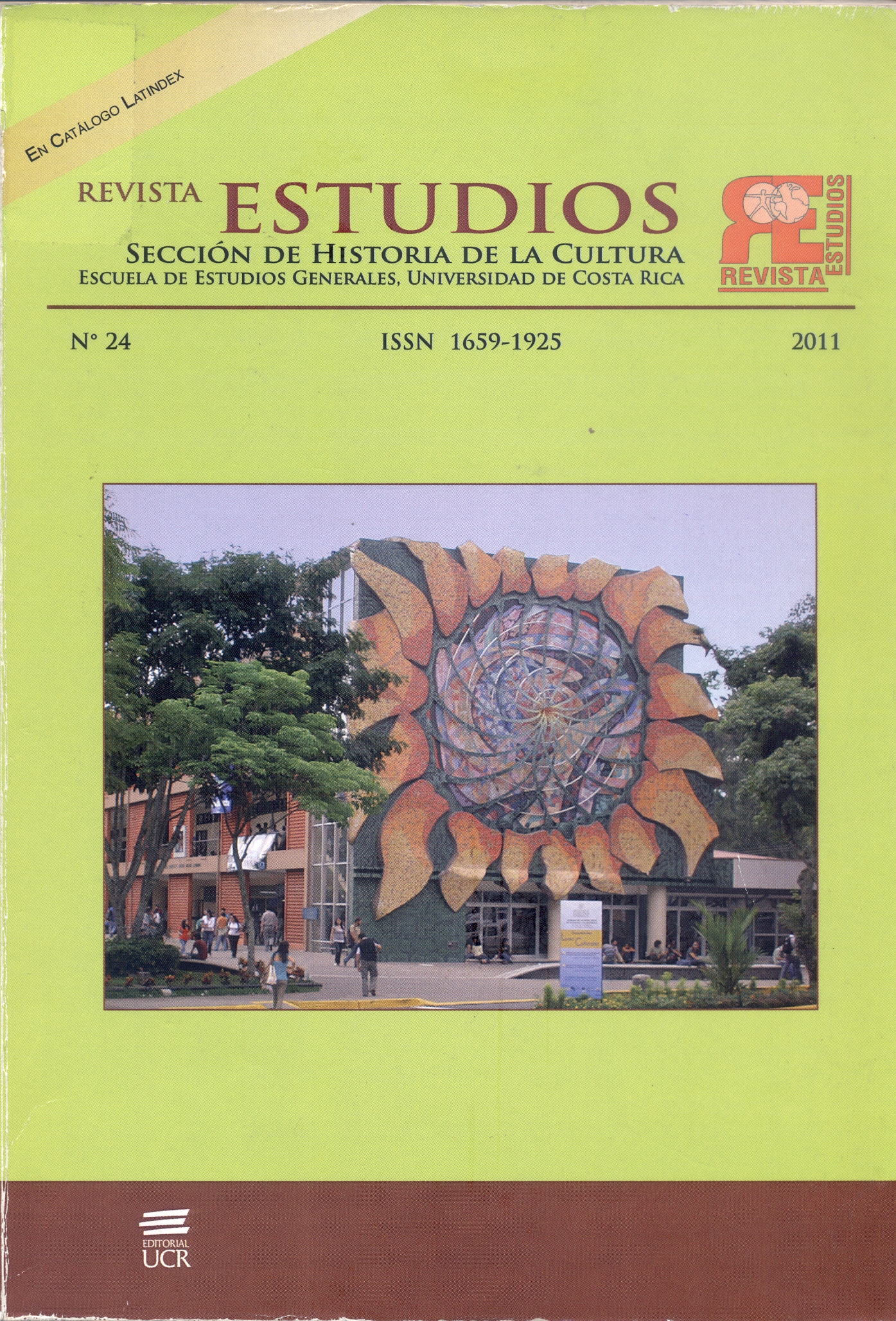Abstract
This essay presents a close reading of two prominent texts of the Salvadoran literary tradition, Historia moderna de El Salvador and “La loba” both by Francisco Gavidia. Through a detailed literary and historical analysis of the texts, the author highlights the strategic use and adaptation of indigenous myth within the discourse of forming the Salvadoran nation. Furthermore, she argues that in the case of El Salvador, history is meticulously intertwined with literature and literary techniques. Gavidia, in his role as a literary or historian figure, manipulates indigenous myth to construct a noble heritage and thus provides a strong foundation for the newly formed nation.
References
Baldovinos, Ricardo Roque. (2006). Poéticas del despojo: mestizaje y memoria en la invención de la nación. San Salvador: Revista del Consejo Nacional para la Cultura y el Arte
Benjamín, Walter. (1968).The Task of the Translator. Illuminations Walter Benjamín Essays and Reflections. New York: Schocken
Berberena, Santiago. (1904). Popul Vuh. San Salvador: La Quincena
Burns, Braford. (1985).The Intellectual Infrastructure of Modernization in El Salvador, 1870-1900.” USA: The Americas
Cañas-Dinarte, Carlos. (2005). Francisco Gavidia: Obra dramática I y II. San Salvador: DPI
Cevallos, José Antonio. (1891). Recuerdos salvadoreños. San Salvador: Imprenta Nacional
Gavidia, Francisco.(1917). Historia moderna de El Salvador. San Salvador: Imprenta Nacional
“La loba” en Cuentos y narraciones. (1986).San Salvador: UCA Editores
Guzmán, David J.(1883). Apuntamientos sobre la topografía física de la República de El Salvador. San Salvador: Imprenta Nacional
Comentarios sobre instrucción cívica y moral, práctica y social. (1914). San Salvador: Imprenta Nacional
Martí, José. (1891). Nuestra América. USA: Revista Ilustrada
Recinos, Adrían. (1998). Introducción. Popol Vuh. Costa Rica: EDUCA
White, Hayden. (1987). The Content of the Form: Narrative Discourse and Historical Representaion. USA: John Hopkins University Press

